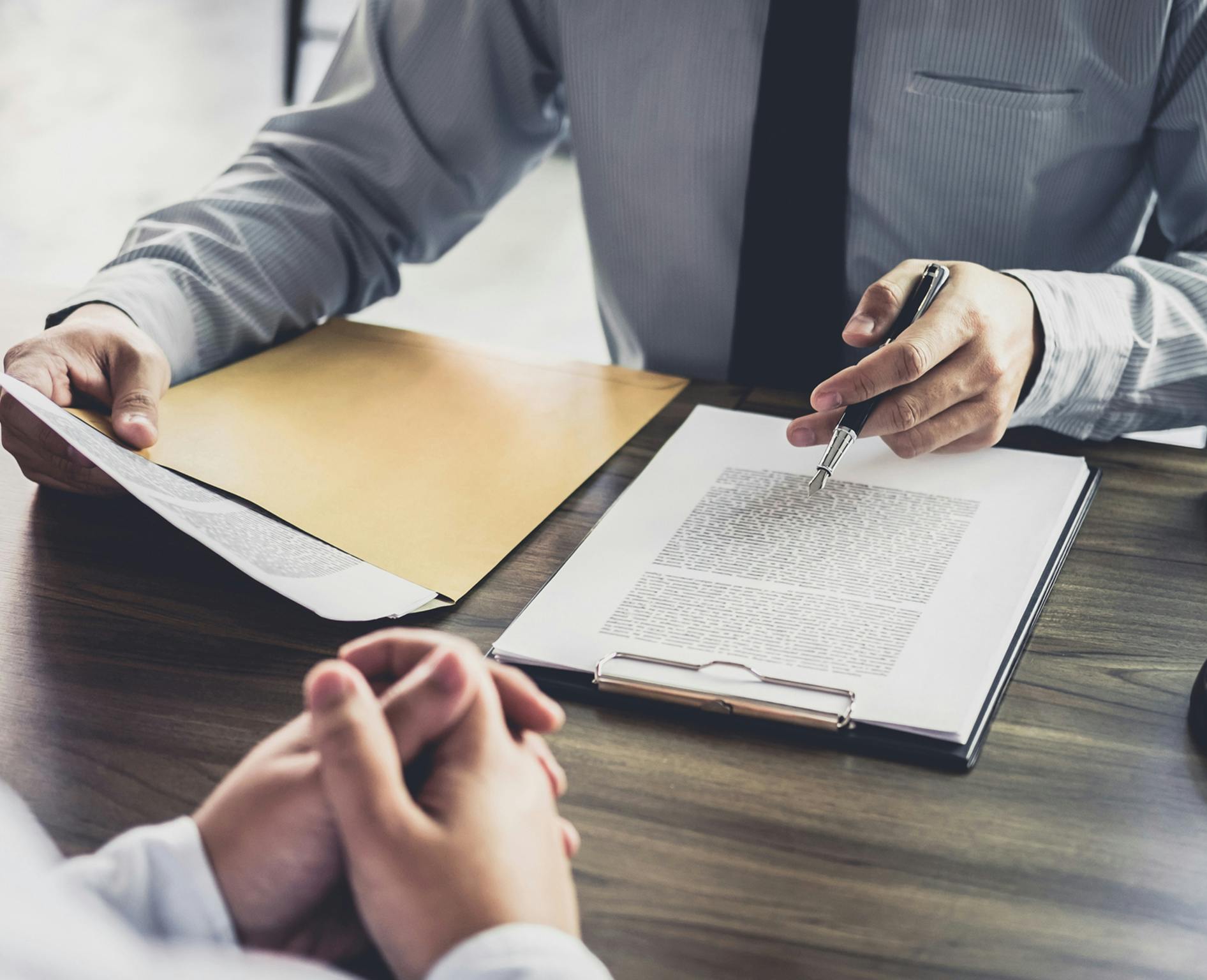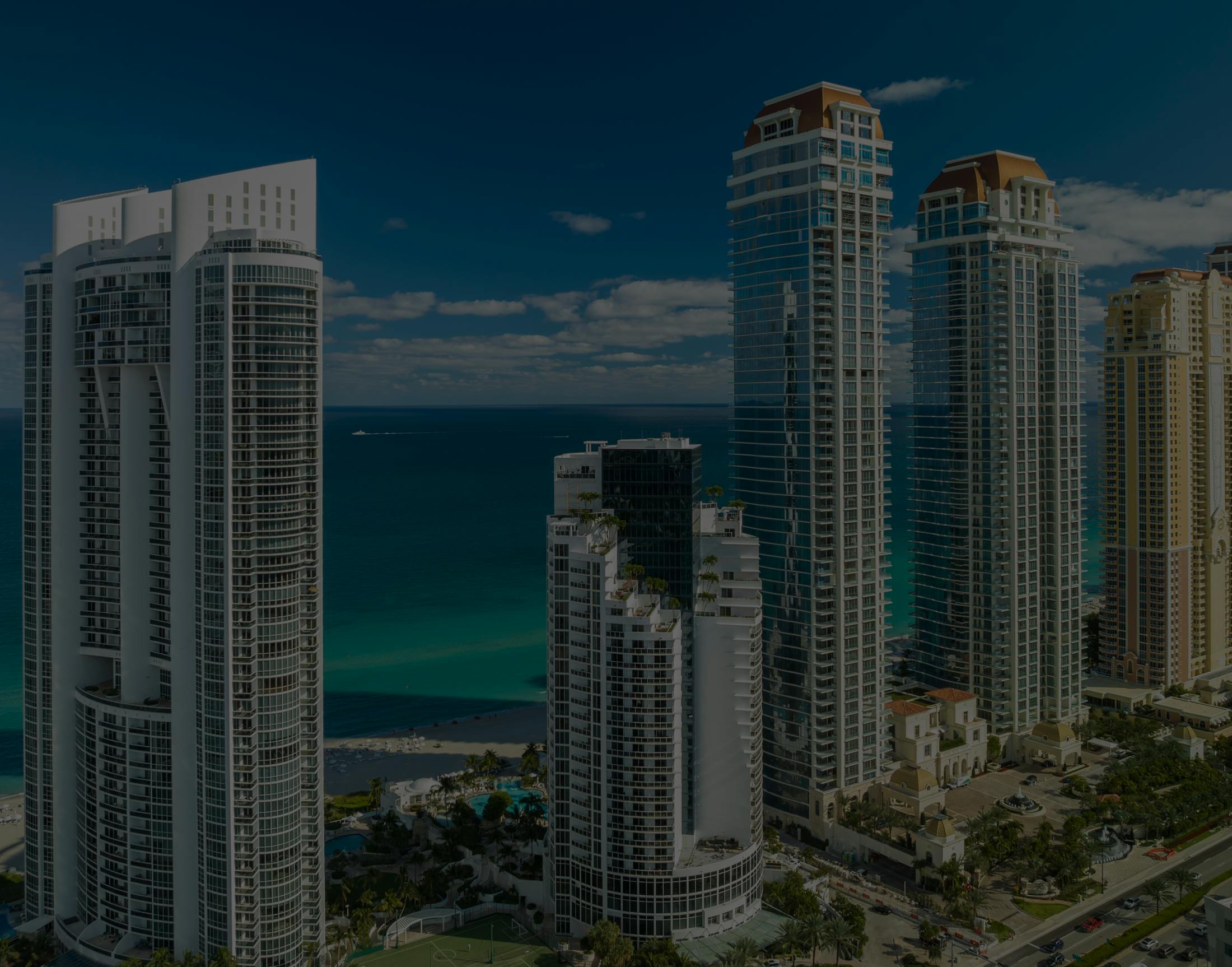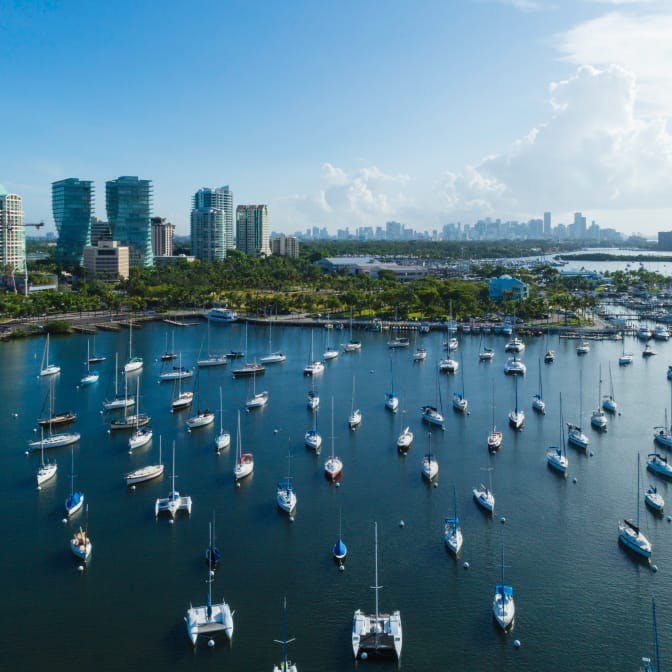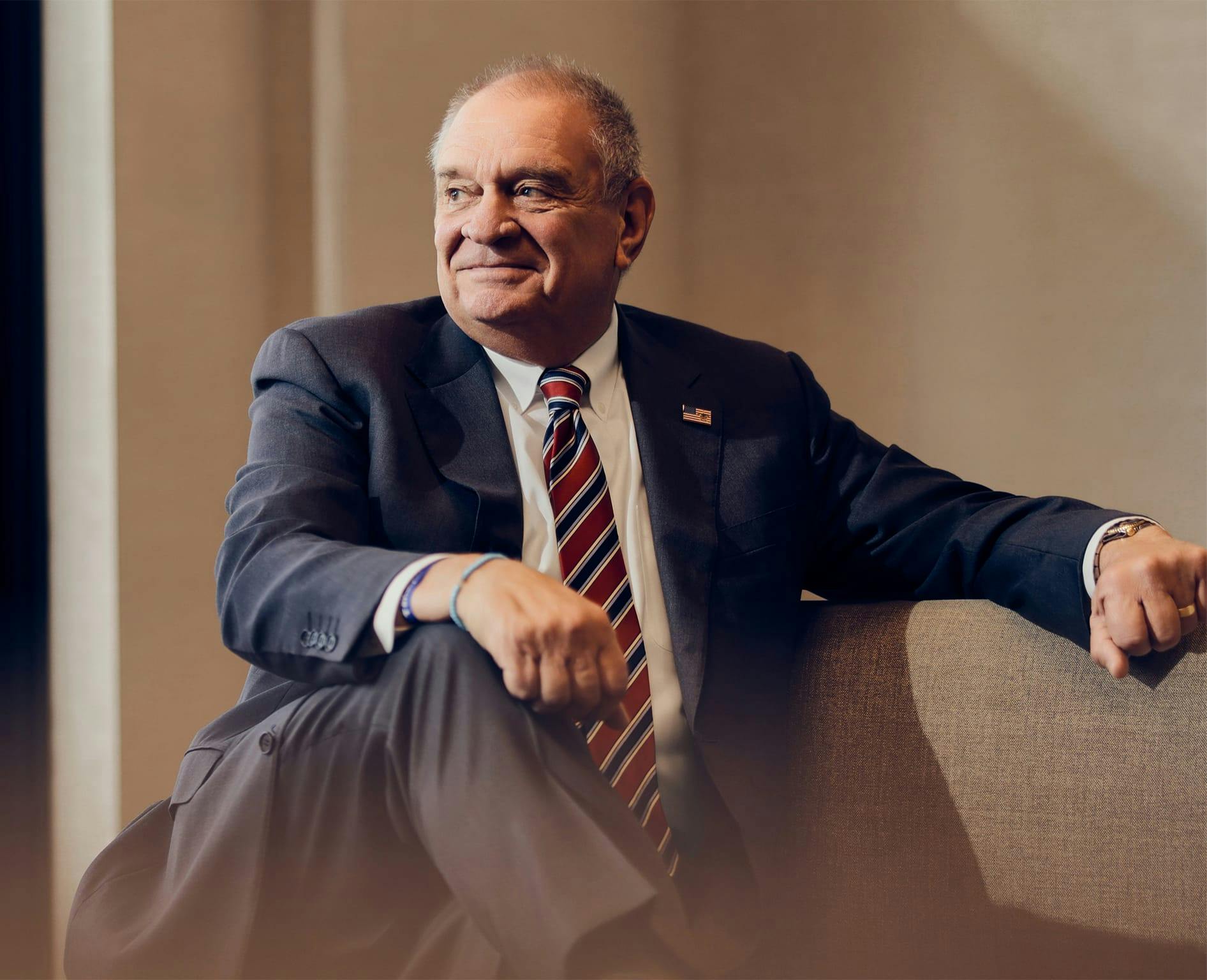Being arrested and charged with a drug offense is a harrowing experience. When federal law enforcement agencies, such as the Drug Enforcement Administration (DEA) or the FBI, are involved, the stakes are even higher. At Correa & Martinez Trial Lawyers, our criminal defense team has earned a reputation for legal excellence in defending those accused of drug crimes in state and federal courts. We offer tenacious and strategic defense representation from powerful, intelligent, focused trial attorneys.
What Are Common Illegal Substances Found in Miami?
Law enforcement agencies in South Florida often encounter a range of illegal substances, and being caught with any of them can result in serious criminal charges. These include:
- Cocaine
- Marijuana (unlawful possession or distribution)
- Heroin
- MDMA (Ecstasy or Molly)
- Fentanyl
- Methamphetamine
- Prescription drugs obtained or sold illegally







